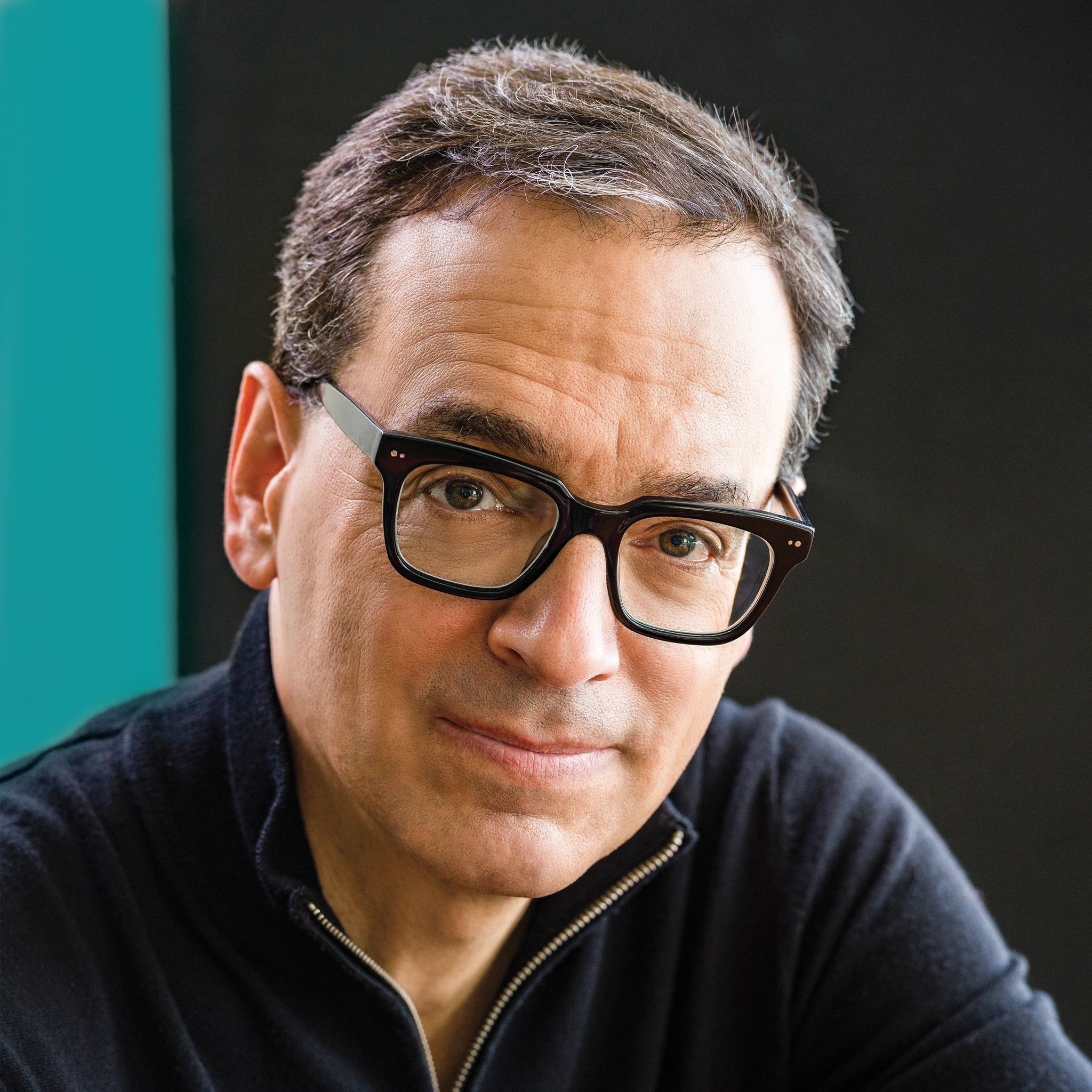 author
authorJ. W. Burrow
John Wyon Burrow was an English historian of intellectual history. His published works include assessments of the Whig interpretation of history and of historiography generally. According to The Independent: "John Burrow was one of the leading intellectual historians of his generation. His pioneering work marked the beginning of a more sophisticated approach to the history of the social sciences, one that did not treat the past as being of interest only in so far as it anticipated the present."
Burrow was born in Southsea. In 1954 after graduating from Exeter School, he won a history scholarship to Christ's College, Cambridge, where he became a pupil of J.H. Plumb and obtained a First in both parts of the History Tripos.
Fellowships at Christ's College, Cambridge, and Downing College, Cambridge, enabled Burrow to complete a doctorate within a new branch of history. It involved a study of the attractions of evolutionary theories, chiefly those of Herbert Spencer, Sir Henry Maine, and Edward Burnett Tylor, to 19th-century social theorists. He argued that they were a means of reconciling the disparate demands of romantic-historical and positivistic approaches to society.
The result was his first book, Evolution, and Society (1966), which explores the reasons why Victorian pioneers of social science were habitually approaching the study of other societies with largely positivistic and evolutionary methodologies, making anthropology into a search for affirmation of assumed laws and stages of progress rather than a quest to appreciate and understand other societies in terms of their own uniqueness and functionality.
Burrow was also an expert on Charles Darwin and the potent racial theories that Social Darwinism drew from biological versions of the theory of evolution. His introduction to the Penguin Books edition of The Origin of Species is still an authoritative contribution to the cultural history of Victorian science.
Despite his desire for a Cambridge appointment, Burrow's first appointment was as a lecturer in European studies at the University of East Anglia from 1965 to 1969, after which he moved in 1982 to the School of Social Sciences at the University of Sussex, where he taught a cross-disciplinary course on the history and philosophy of the social sciences in collaboration with Stefan Collini and Donald Winch, resulting in the collaborative book That Noble Science of Politics (1983), which extended the scope of the anti-teleological approach adopted in Burrow's first book.
He later made use of his unrivaled knowledge of the Whig and Burkean components within English liberalism in his Carlyle Lectures at Oxford, the results appearing as Whigs and Liberals: Continuity and Change in English Political Thought (1988).
Best author’s book



Written books
1



















